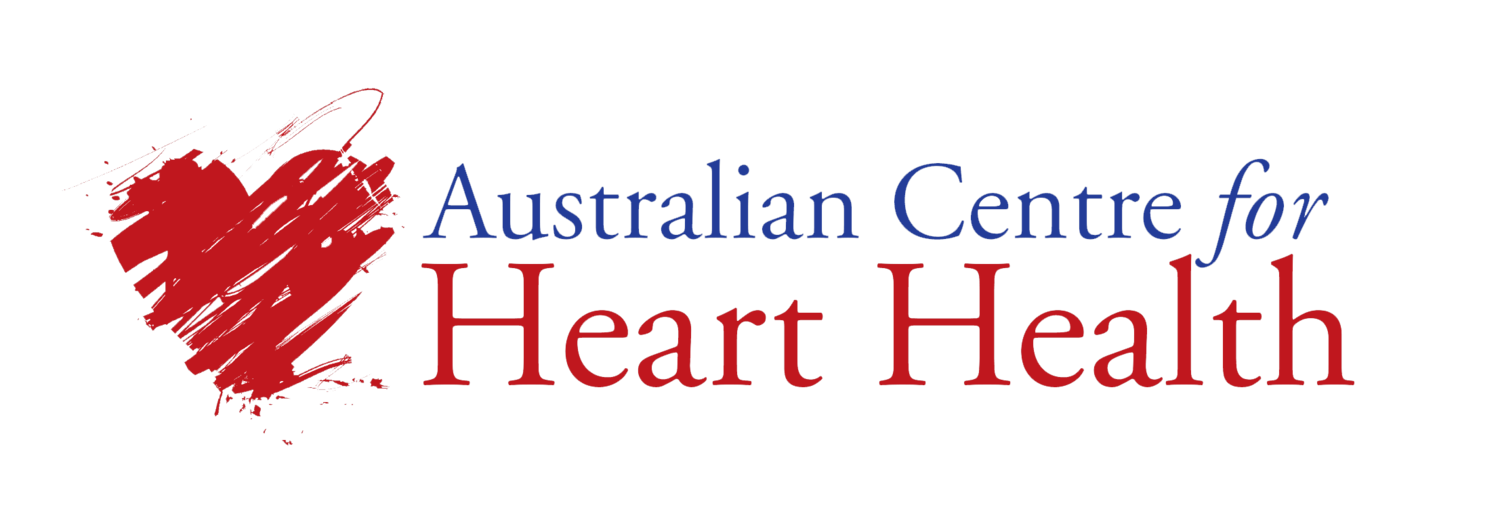COVID-19 and Heart Conditions
Written by Dr Stephanie Mathews, ACHH Clinical Psychologist
Experiencing a serious medical event or condition is tough at the best of times. But what about in the middle of a pandemic?
At the time of writing, Melbourne is currently in yet another lockdown. This is one of many snap lockdowns across the country in the past few months. COVID-19 has left no-one untouched. However, those who have experienced a heart event or condition during this time have been hit with additional challenges. Lockdowns can hinder people’s emotional and physical recovery. Taking away the things that had been getting people through – exercise, work, nature, socialising, and ultimately, regaining a sense of normality.
At the Australian Centre for Heart Health, I am in the privileged position of supporting people through the challenges of recovering from a cardiac condition in the world of COVID-19. Following a cardiac event, it is common for people to be scared of being too far away from home or hospital. Part of recovery is gradually exposing yourself to scary situations to learn that the world is safe. This is difficult to do during lockdown. I hear of people struggling with the memory of being in hospital following a heart attack and not having family there to support them. Living in fear of going to hospital again because they do not want to be parted from their family. For others, this snap lockdown is a reminder of recovering at home following open-heart surgery, with limited social support. Bringing back memories of feeling vulnerable and isolated.
Lockdowns have been, and continue to be, an important tool in our fight against COVID-19. While we hope for the day when they will be a distant memory, for now they are always a possibility. I share my experiences, not to lament the current lockdown, but to let people know they are not alone. For those struggling with cardiac recovery during this pandemic, you are experiencing normal emotions to an abnormal situation. Now is the time to take stock and reflect on your coping strategies. What helps you overcome challenges? It might be connecting with others, mindful meditation, naming your emotions, doing something fun, lighting a candle, or just taking time for yourself. Maybe it’s about asking for help. Our Cardiac Counselling Clinic provides specialist psychological support for those experiencing difficult emotions following a cardiac event. For more information, please call us on 03 9326 8544 or visit our website.
Disclaimers:
All identifying patient information has been removed
The writer’s opinions are their own
Please refer to your local government website for current advice on COVID-19
Moving with Tai Chi
Written by Ms Hema Navaratnam, ACHH Research Fellow
Tai chi has been around for a long time and over the years has garnered significant interest from people all over the world. It is a form of gentle exercise that focuses on the breath, posture, imagery, body awareness and relaxation. This mind-body practice also referred to as “meditation in motion” has shown to boost both mood and quality of life including improving strength, function, flexibility and balance.
Research has also shown benefits of tai chi in cardiac populations (Taylor-Piliae & Finley, 2020). This low impact and slow-motion exercise can be appealing for those needing to incorporate some daily exercise or even wanting to slowly return to some form of physical activity especially after a health event (Salmoirago-Blotcher et. al. 2017). The slow movements teach people to pay attention to their body and builds confidence.
This type of exercise is generally suited to most people and can be safely tailored to individual needs depending on fitness levels and general health. Its group-based settings can also create a sense of belonging and social camaraderie that can be supportive and uplifting. If interested, best to first check in with your GP and then consider observing or taking a beginners’ class. For more information you can visit https://www.taichiaustralia.com.au/
References:
Taylor-Piliae R, Finley BA. Tai Chi exercise for psychological well-being among adults with cardiovascular disease: A systematic review and meta-analysis. Eur J Cardiovasc Nurs. 2020;19(7):580-591.
Salmoirago-Blotcher E, Wayne PM, Dunsiger S, Krol J, Breault C, Bock BC, Wu WC, Yeh GY. Tai Chi is a promising exercise option for patients With coronary heart disease declining cardiac rehabilitation. J Am Heart Assoc. 2017;6(10).
Get involved in our research
Would you like to be part of the research studies being undertaken by the Centre?
We are currently recruiting for our Cardiac Distress Study, part of our broader research program on Cardiac Emotions. Our partners in this study include Stanford University in the US, and Monash Health and Barwon Health in Victoria. This study aims to understand more about the range of emotions that cardiac event survivors experience during their recovery. We hope that with this information, we can help cardiac patients in the future to adjust successfully after their heart event. It is a one-off anonymous questionnaire that is done online, and only takes about 15-20 minutes to complete. You can find out more about the Cardiac Distress study by clicking here




